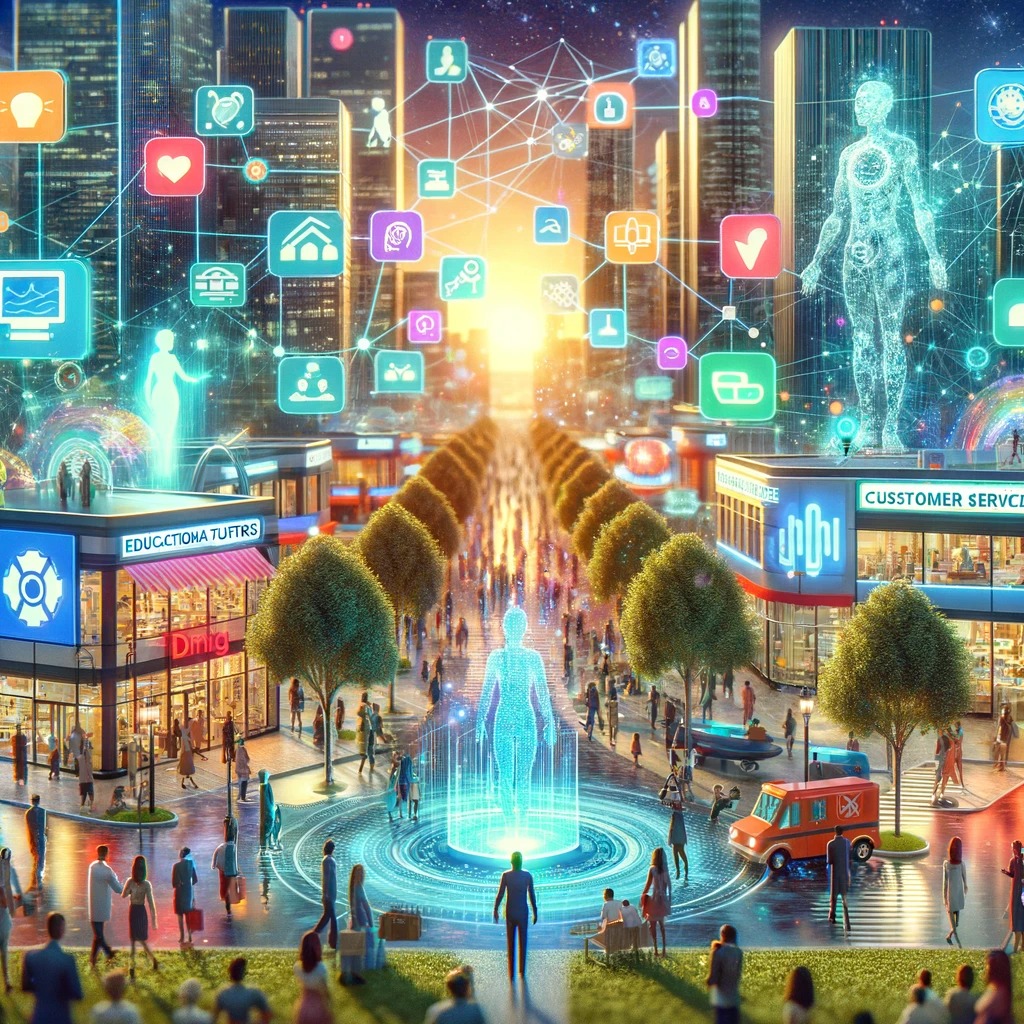
The Evolution and Impact of ChatGPT and AI Technology
In recent years, the field of artificial intelligence (AI) has seen unparalleled growth, with ChatGPT standing at the forefront as a prime example of how far AI technology has come. Developed by OpenAI, ChatGPT is a variant of the GPT (Generative Pre-trained Transformer) models, designed to understand and generate human-like text based on the input it receives. This groundbreaking technology has not only captured the imagination of the tech community but also has significant implications for a wide range of industries, from education and healthcare to entertainment and customer service.
The Origins of ChatGPT
ChatGPT's journey began with the introduction of the original GPT model by OpenAI. Over time, these models have evolved, becoming more sophisticated with each iteration. The current version, GPT-4, showcases remarkable improvements in understanding context, generating more coherent and nuanced text, and even exhibiting capabilities in reasoning and problem-solving. The evolution of ChatGPT reflects the rapid advancements in AI research, driven by improvements in machine learning algorithms, computational power, and the availability of vast amounts of data for training.
How ChatGPT Works
At its core, ChatGPT operates on a simple principle: predict the next word in a sequence based on the words that precede it. This process, known as language modeling, might sound straightforward, but it requires an intricate understanding of language structure, context, and even the nuances of human communication. ChatGPT is trained on a diverse dataset comprising texts from the internet, allowing it to learn a wide range of language styles, topics, and formats. This extensive training enables ChatGPT to generate responses that are not only relevant and coherent but often indistinguishable from those written by humans.
Applications and Implications
The potential applications of ChatGPT are vast and varied. In the education sector, it can serve as a tutoring assistant, providing students with explanations, helping with homework, and even facilitating language learning. In customer service, ChatGPT can power chatbots that handle inquiries and support tickets, improving efficiency and customer satisfaction. The healthcare industry can benefit from AI-driven diagnostic tools and patient management systems, enhancing the quality of care and operational workflows.
However, the rise of AI technologies like ChatGPT also raises important ethical and societal questions. Issues such as data privacy, the potential for misuse, and the impact on employment in certain sectors are areas of ongoing debate. Ensuring the responsible development and deployment of AI is crucial to maximizing its benefits while mitigating potential risks.
The Future of ChatGPT and AI
The future of ChatGPT and AI technology looks promising, with ongoing research focused on improving AI's understanding, creativity, and ability to interact with humans in more meaningful ways. Emerging applications, including augmented and virtual reality, personalized content creation, and advanced simulation models, point to a future where AI's influence extends even further into our daily lives and work.
In conclusion, ChatGPT exemplifies the incredible strides made in AI technology, offering a glimpse into a future where AI-driven tools become increasingly integrated into various aspects of human activity. As we navigate this new era, the focus must remain on harnessing the power of AI to improve lives, solve complex problems, and open up new possibilities, all while addressing the ethical challenges that accompany such rapid technological advancement.
Post a comment